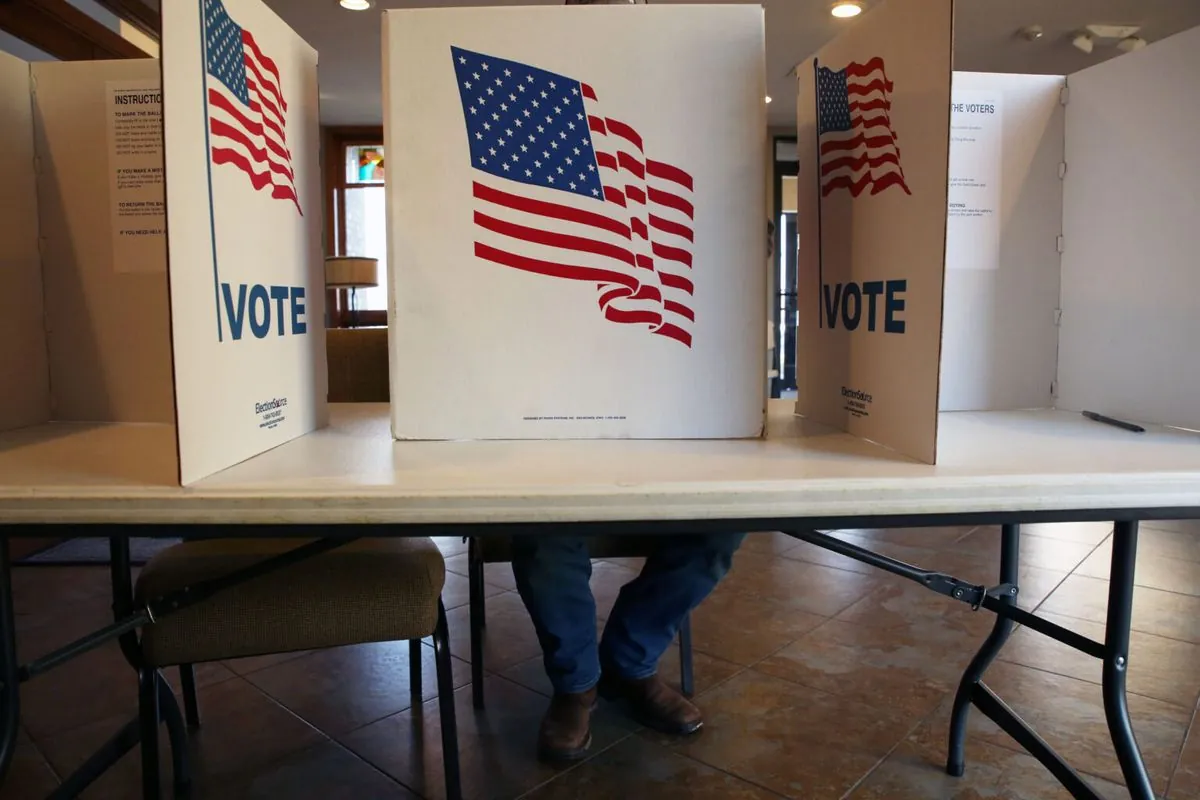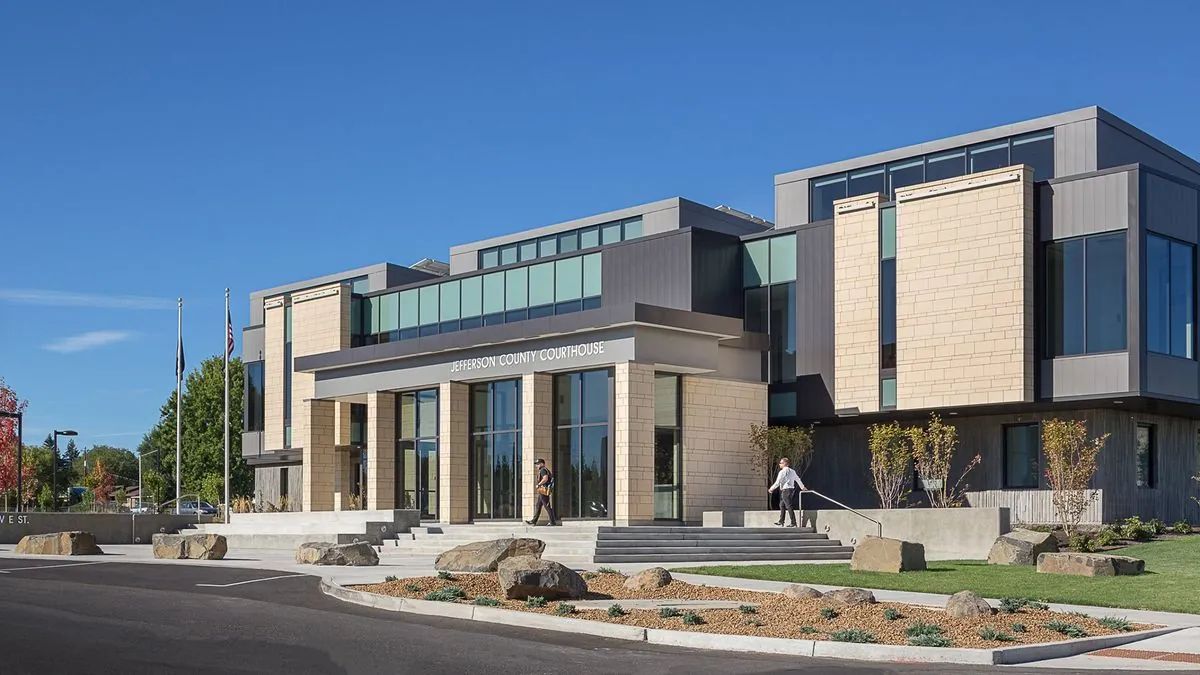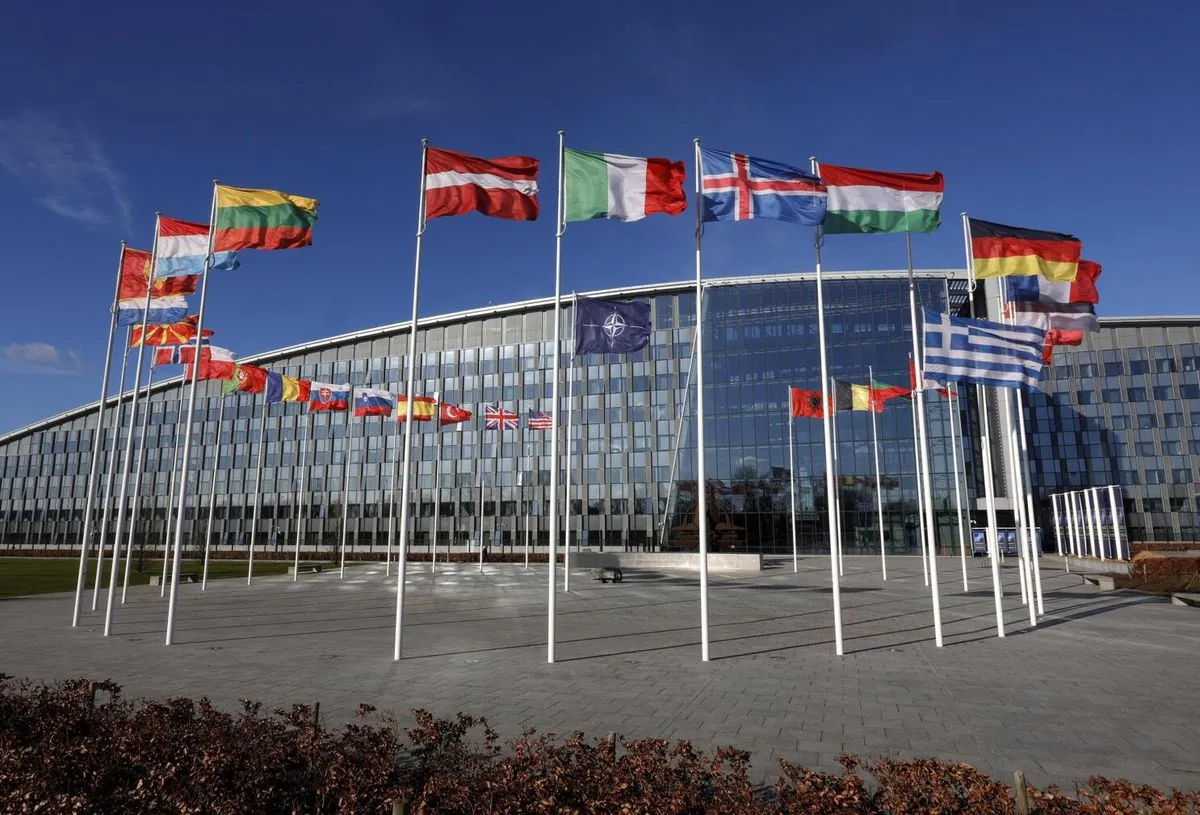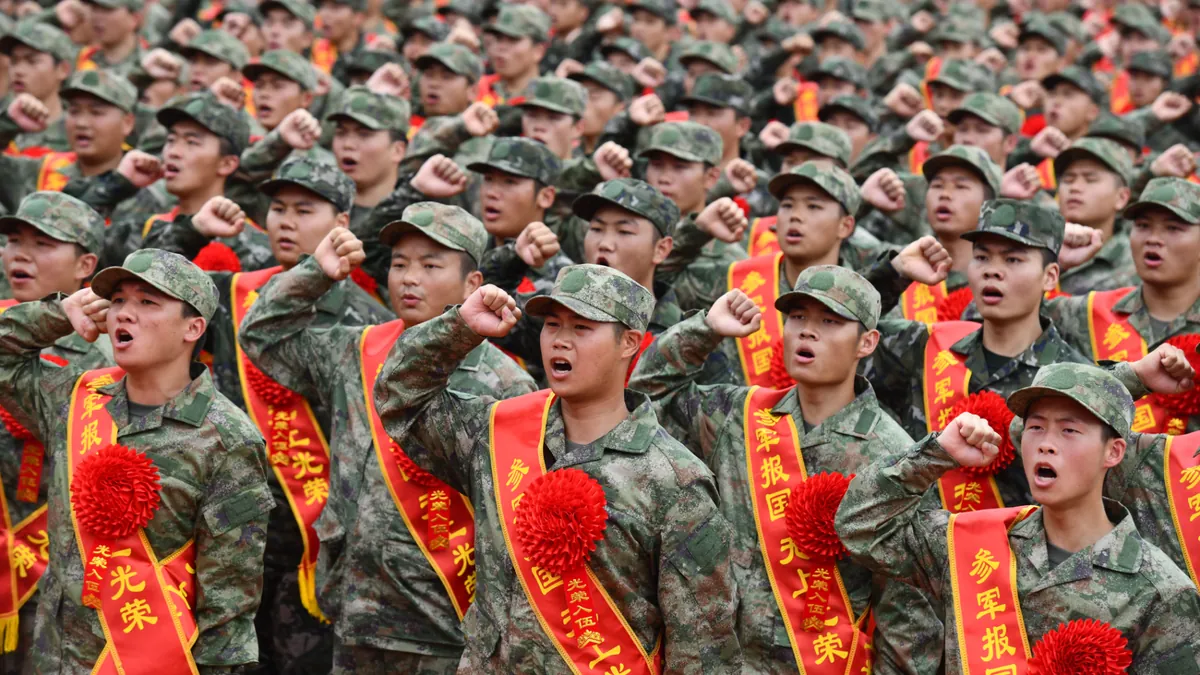Far-Right Victory in Austrian Election Sparks Constitutional Debate
Freedom Party wins Austrian election but lacks majority. President's role in government formation questioned as moderate parties shun far-right coalition. Constitutional experts weigh in on presidential powers.

In a significant political shift, Austria's far-right Freedom Party (FPO) has emerged victorious in the recent parliamentary election, securing 29% of the vote. This historic win, however, falls short of the majority needed to govern independently, placing the party in a challenging position.
Austria, a country with a semi-presidential system and a population of about 9 million, now faces a complex political landscape. The election outcome has sparked a constitutional debate regarding the role of the president in government formation.
President Alexander Van der Bellen, 80, a former leader of the left-wing Greens, has expressed reservations about the FPO. His concerns stem from the party's stance on Russia's actions in Ukraine and its opposition to sanctions against Moscow. Van der Bellen's position is crucial, as Austria's constitution grants the president significant powers in overseeing the formation of a viable coalition government.
The president's address on September 30, 2024, emphasized the importance of respecting "the pillars of our liberal democracy." He highlighted key aspects such as the rule of law, minority rights, media independence, and EU membership. These points are particularly relevant given Austria's complex history and its joining of the European Union in 1995.
Herbert Kickl, the 55-year-old leader of the FPO, has challenged Van der Bellen's stance. Kickl argues that the president should follow established practice and ask the first-placed party to form a government. However, Van der Bellen maintains that he has no such obligation, a position supported by constitutional experts.

This situation has led to a broader discussion about Austria's political system and its democratic processes. The country's multi-party system, enshrined in its 1920 constitution (reinstated in 1945), typically results in coalition governments. However, the current scenario is unprecedented, with more moderate parties refusing to form a coalition with the FPO.
The Freedom Party, founded in 1956 by Anton Reinthaller, a former Nazi SS officer, has worked to moderate its image over the years. Its recent rise in popularity can be attributed to its promises to restrict immigration and address cost-of-living concerns. This resonates with some voters, despite Austria's long history of immigration and its status as a refugee destination.
Austria's political landscape is further complicated by its status as a neutral country since 1955 and its membership in the United Nations. The nation's commitment to environmental protection and its comprehensive social welfare system add layers to the political discourse.
As the situation unfolds, the potential for an alternative coalition of more moderate parties remains a possibility. This development is being closely watched, given Austria's significant role in European politics and its consistently high rankings in quality of life indices.
The coming weeks will be crucial in determining Austria's political future. The outcome of this constitutional debate and the subsequent government formation process will have far-reaching implications for the country's domestic and international policies.
"The pillars of our liberal democracy should be respected."
This unfolding political drama in Austria serves as a reminder of the delicate balance between democratic traditions and the challenges posed by shifting political landscapes in modern Europe.


































